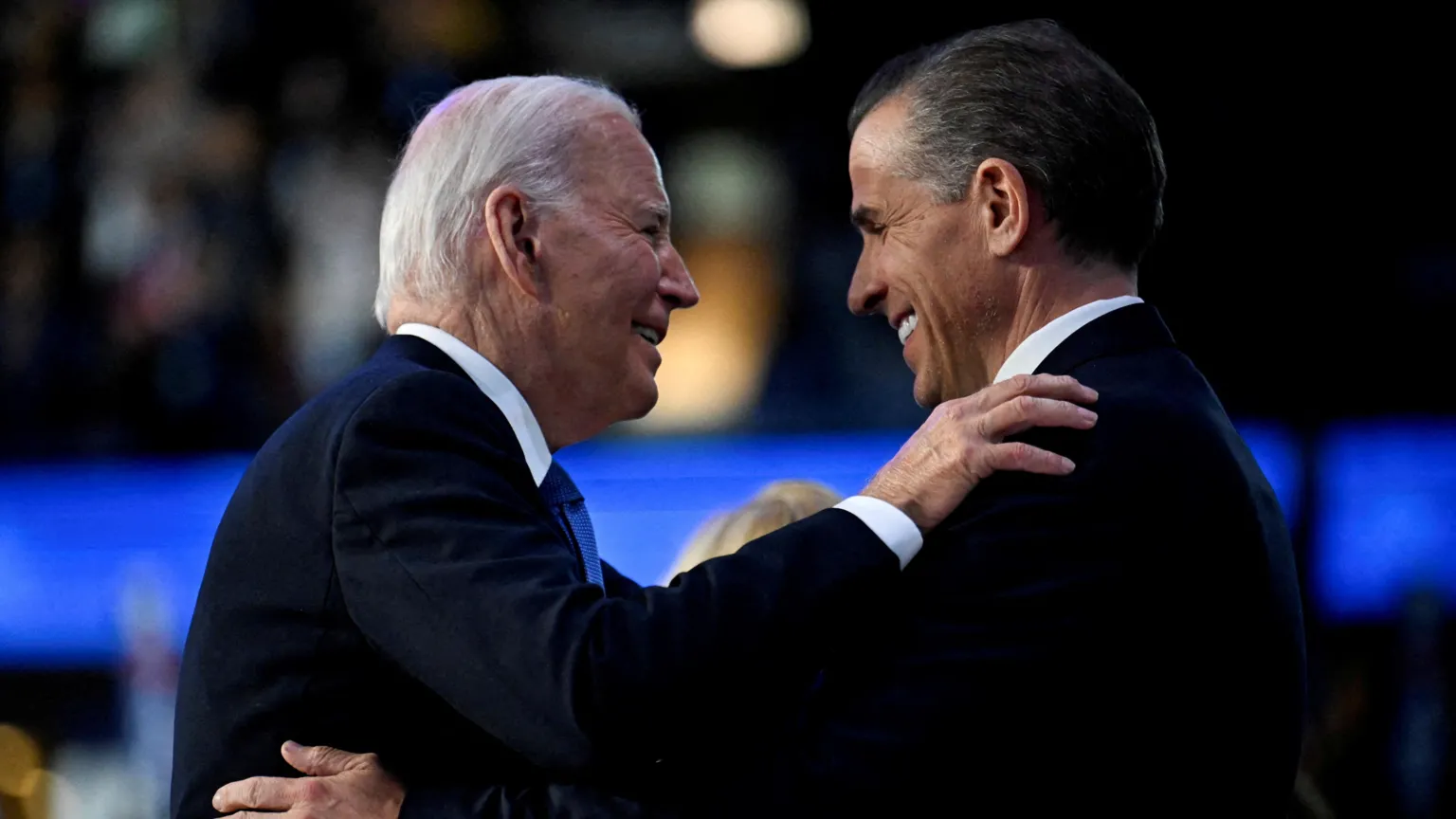President Joe Biden has officially pardoned his son, Hunter Biden, who was facing sentencing for multiple criminal charges, including tax evasion and illegal possession of a firearm. This decision marks a significant reversal for the president, who had previously stated he would not use his executive powers to grant clemency to his son.
The pardon was announced on December 1, 2024, and is described as a “full and unconditional pardon” for any offenses Hunter Biden may have committed from January 1, 2014, to December 1, 2024. This timeframe includes his controversial business dealings during his tenure on the board of the Ukrainian gas company Burisma.
Hunter Biden had pleaded guilty to nine counts of federal tax fraud and was convicted of gun-related charges earlier in the year. He was facing potential prison sentences of up to 42 years for these offenses, with sentencing hearings scheduled for December 12 and December 16, 2024.
In his statement, President Biden expressed that his son had been “singled out” for prosecution due to political motivations, asserting that the legal actions against Hunter were a “miscarriage of justice.” He emphasized that the decision to pardon his son was made after careful consideration, particularly in light of Hunter’s struggles with addiction and his recovery over the past five and a half years.
The pardon has drawn mixed reactions, with critics, including President-elect Donald Trump, labeling it as an abuse of power. Trump questioned whether the pardon would extend to his supporters involved in the January 6 Capitol riots, highlighting the political tensions surrounding the decision.
This pardon not only alleviates the immediate legal pressures on Hunter Biden but also reflects the complex interplay of family loyalty and political scrutiny faced by the Biden administratio














